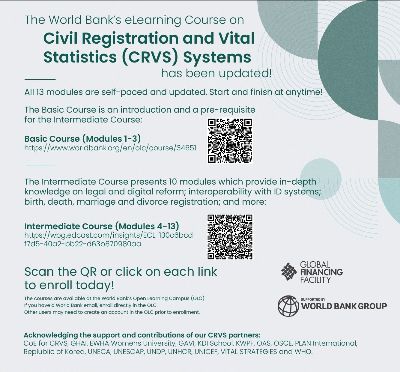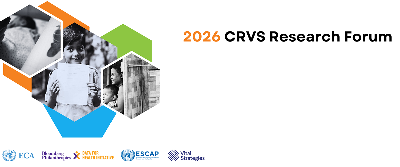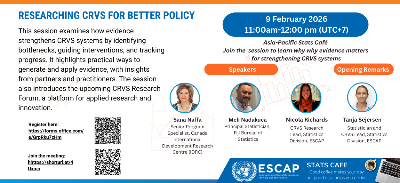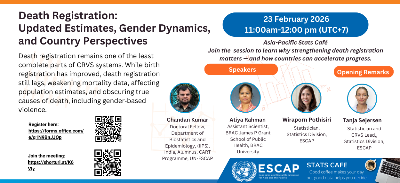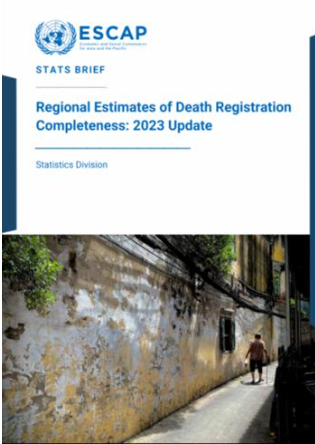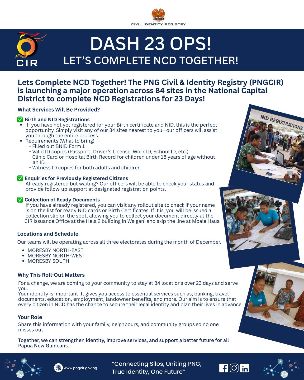A new publication highlighting good practices in identity management was launched at an event in Vienna on 29 September 2017. The document identifies best practices both in providing evidence of identity through the issuance of travel documents and ID cards, as well as in ensuring access to economic, civil and political rights.
The Compendium of Good Practices in Identity Management in the OSCE Region was produced jointly by the OSCE Office for Democratic Institutions and Human Rights (ODIHR), which contributed information on identity management and freedom of movement, and the OSCE Transnational Threats Department, which contributed information on travel document security.
The publication is the result of consultations initiated in 2013, and the subsequent process has involved a series of expert meetings as well as a detailed questionnaire distributed to all OSCE participating States in August 2016. The compendium builds upon existing ODIHR expertise in providing technical support to participating States in civil registration, identification, and population registration and reform.
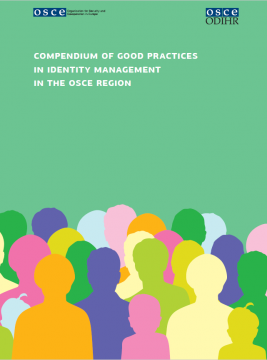
More News
India is hosting a National Symposium and Stakeholder Consultation titled “Building a Mortality…
The World Bank has released an updated version of its free Civil Registration and Vital Statistics…
In partnership with the Economic Commission for Africa (ECA) and Vital Strategies, the Economic and…
ESCAP is hosting a new session of its Asia‑Pacific Stats Café Series on 9 February 2026, focusing…
ESCAP will convene another session of the Asia‑Pacific Stats Café Series on 23 February 2026,…
On 20 January 2026, the third cohort of the CRVS Applied Research Training (CART) Initiative was…
ESCAP has released a new Stats Brief on Regional estimates of death registration completeness: 2023…
The Papua New Guinea Civil and Identity Registry (PNGCIR) has initiated DASH 23 OPS, an intensive…
Vietnam has approved a new National Action Program on Civil Registration and Vital Statistics (CRVS…
In the Solomon Islands, where nearly 80% of deaths occur outside formal health facilities, the…



